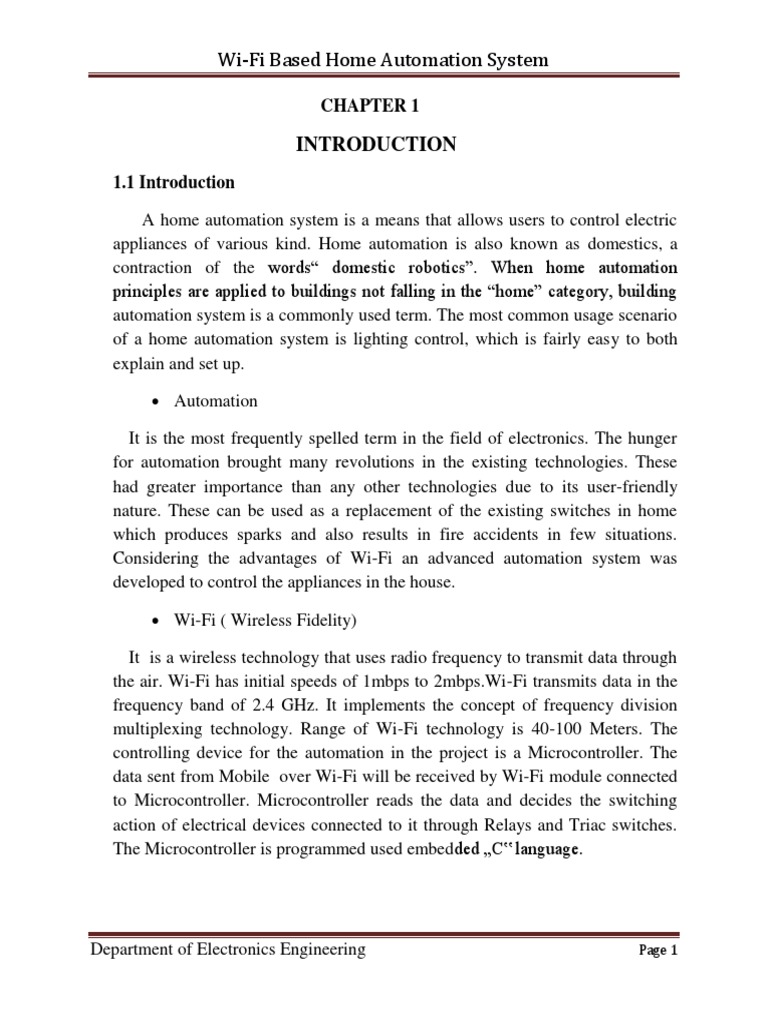Progress and Challenges in Nigeria’s Electricity Metering Efforts
Despite numerous initiatives aimed at addressing estimated billing and improving customer satisfaction, over half of Nigeria’s electricity consumers remain unmetered. This ongoing issue highlights the challenges faced by the country’s power sector in ensuring accurate and fair billing for all users.
According to the latest report from the Nigerian Electricity Regulatory Commission (NERC), a total of 187,194 meters were installed in the first quarter of 2025. This marks a marginal increase of 0.41 per cent compared to the 186,431 meters installed in the last quarter of 2024. As a result, the end-user metering rate in the country reached 46.98 per cent as of March 31, 2025, up slightly from 46.57 per cent at the end of 2024.
The data revealed that the majority of the new meters were deployed under the Meter Asset Provider (MAP) framework. Specifically, 148,713 meters—accounting for 79.44 per cent of the total installations—were deployed through this scheme. Another 36,787 meters were installed under the Meter Acquisition Fund, while 1,074 meters came through the Distribution Companies Financed model and 620 meters via the Vendor Financed scheme.
Variations Among Distribution Companies
Performance varied significantly among the 12 distribution companies (DisCos). Ikeja Electric emerged as the leader with the highest metering rate of 78 per cent, followed closely by Abuja Electricity Distribution Company at 72 per cent, and Eko DisCo at 64 per cent. In contrast, Yola DisCo had the lowest metering coverage, with only 14 per cent of its customers metered. Other notable figures included Benin DisCo at 50 per cent, Enugu at 49 per cent, Ibadan at 44 per cent, Jos at 27 per cent, Kaduna at 25 per cent, Kano at 25 per cent, and Port Harcourt at 46 per cent.
Ibadan DisCo led the national effort with 42,685 meters installed in the quarter, representing 22.8 per cent of the total. Ikeja followed closely with 40,810 installations, while Abuja deployed 25,400 meters. Other significant contributors included Benin with 23,591 meters, Enugu with 14,459, Eko with 14,097, Kano with 5,281, and Jos with 5,140 units.
Under the MAP framework, Ibadan once again topped the list with 38,616 meters installed. Ikeja and Abuja followed with 30,844 and 23,078 meters respectively. Benin and Enugu also made notable contributions, installing 22,172 and 7,716 meters respectively.
For the Meter Acquisition Fund (MAF) framework, Ikeja Electric led with 9,966 installations. Enugu followed with 6,743 meters, while Ibadan and Kano each installed over 4,000 meters. Additional contributors included Eko, Jos, Abuja, Port Harcourt, Benin, Yola, and Kaduna.
Long-Term Contributions and New Certifications
Since the launch of the MAP scheme in 2019, Ikeja has installed a cumulative total of 652,998 meters, followed by Abuja with 444,330 and Ibadan with 438,594. To further support the metering initiative, NERC certified 13 new Meter Service Providers during the quarter—six as installers, five as manufacturers, and two as importers.
Additionally, the commission issued eight permits to new Meter Asset Providers, including BTS Eve Power Limited, Ukpaka Nigeria Limited, Technovati Limited, Tripleseventh Nigeria Limited, Denotata Engineering Services Limited, Venco Platforms Limited, Fulenell Nigeria Limited, and San Verad Nigeria Limited.
Addressing Estimated Billing Concerns
In response to the widespread use of estimated billing, which has often been criticized by consumers as arbitrary, the commission maintained its policy of setting monthly energy caps for all feeders. These caps specify the maximum amount of energy that may be billed to an unmetered customer based on the feeder’s total energy consumption and the usage profile of metered customers.
However, there have been reports of many DisCos overbilling their customers, leading to sanctions from the regulator. During the quarter, metering remained one of the dominant causes of customer dissatisfaction, alongside billing issues and service interruptions.
While the slight increase in metering is a positive development, experts note that the pace remains slow relative to the scale of the challenge. With more than half of Nigeria’s electricity consumers still unmetered, bridging the metering gap continues to be a major hurdle in reforming the power sector and improving service delivery.







